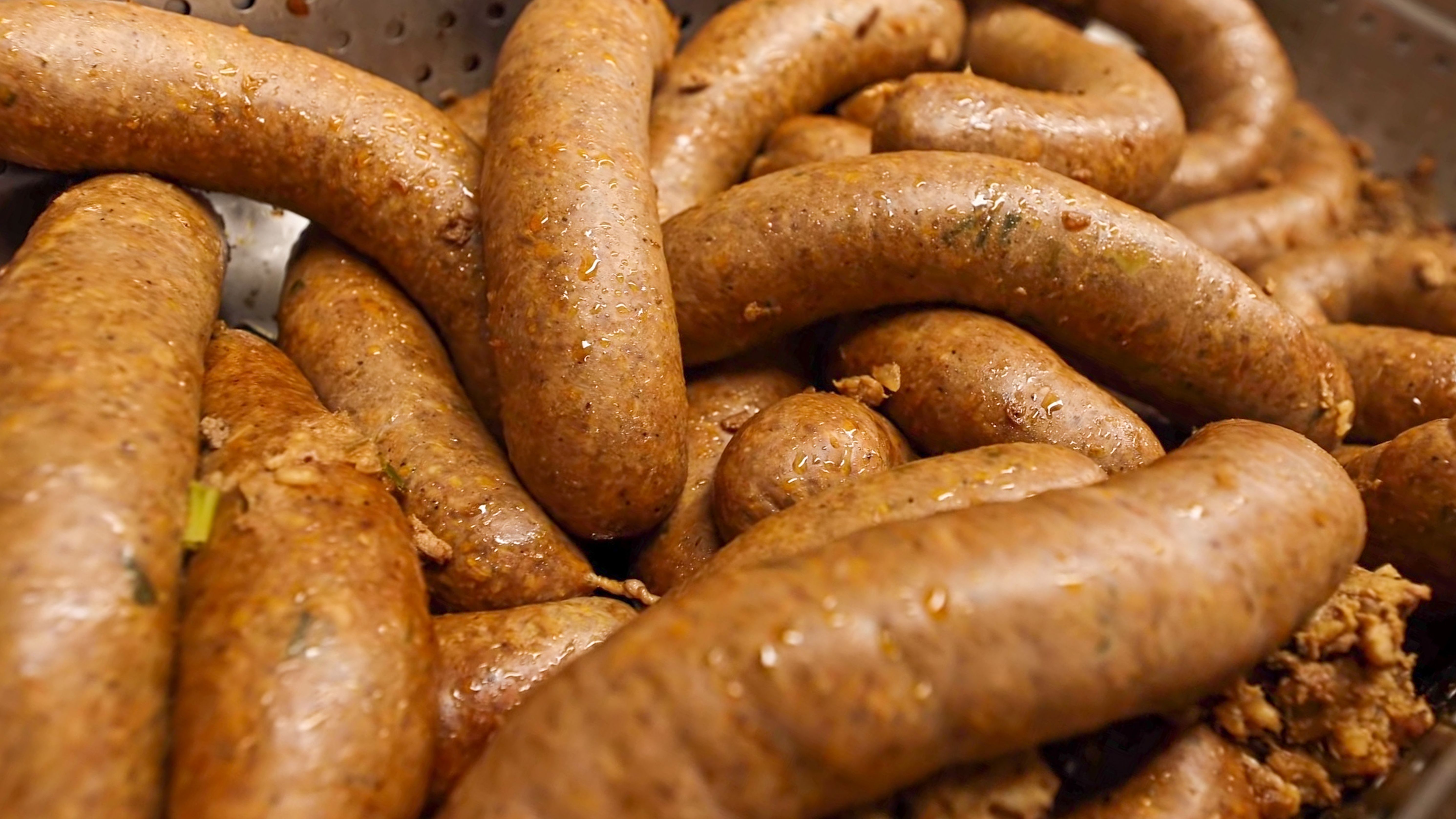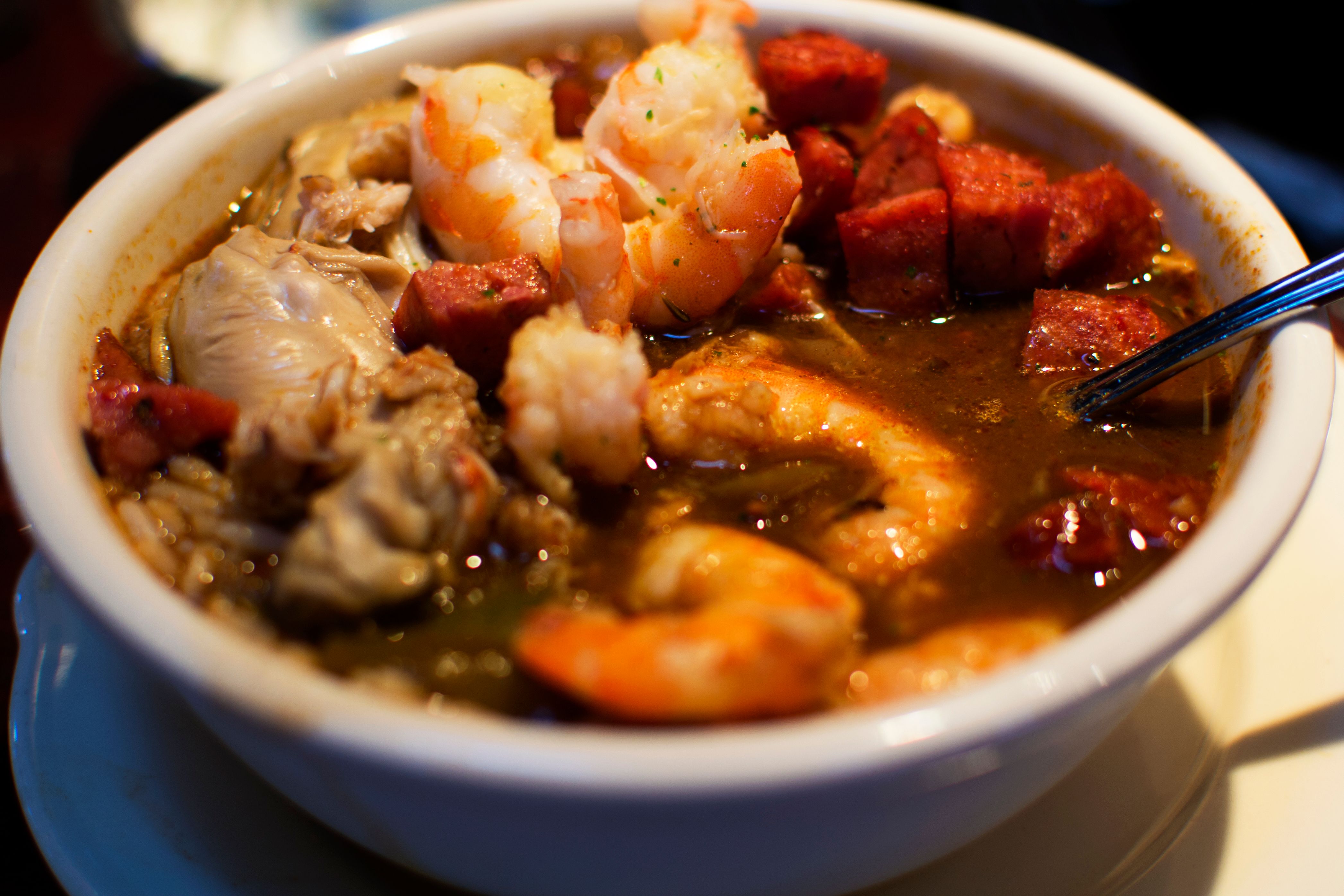Exploring Cajun Boudin: A Flavorful Sausage Tradition
The Origins of Cajun Boudin
Cajun boudin is more than just a sausage; it's a culinary tradition that tells the story of the Cajun culture in Louisiana. Dating back to the 18th century, this flavorful sausage has its roots deeply embedded in French Acadian cuisine, brought to Louisiana by settlers who adapted their recipes to the ingredients available in the region. Over the years, boudin has evolved into a beloved staple that showcases the rich cultural heritage of the Cajun people.
The traditional boudin recipe includes a mixture of pork meat, liver, rice, and an array of bold spices wrapped in a natural casing. Each bite offers a taste of the bayou, with hints of cayenne pepper, paprika, and garlic creating an unmistakable flavor profile. Whether enjoyed as a snack or a meal, boudin is a testament to the resourcefulness and creativity of the Cajun community.

Varieties of Cajun Boudin
While pork is the most common meat used in boudin, there are numerous variations that reflect local tastes and preferences. For instance, seafood boudin incorporates shrimp or crawfish, giving it a distinct coastal flavor. Some versions even include alligator or deer meat, offering a unique twist on this classic dish. Regardless of the filling, each type of boudin maintains the signature spiciness and texture that enthusiasts have come to love.
Another popular variety is boudin noir, also known as blood boudin. This version is made with pig's blood, resulting in a richer and earthier taste. Though less common than its pork counterpart, boudin noir is cherished for its depth of flavor and ties to traditional French cuisine.

Cooking and Serving Boudin
Cooking boudin can be as simple or as elaborate as you wish. Traditionally, it is simmered or steamed to preserve its juiciness and ensure the rice does not overcook. However, many modern chefs experiment with grilling or smoking boudin to add an extra layer of complexity to its flavor.
When it comes to serving boudin, there are endless possibilities. It can be sliced and enjoyed with crackers and mustard as an appetizer or paired with eggs for a hearty breakfast. Some prefer to stuff it into bell peppers or use it as a filling for gumbo, showcasing its versatility in Cajun cuisine.
Where to Find Authentic Boudin
If you're eager to try authentic Cajun boudin, Louisiana is home to numerous specialty shops and grocery stores renowned for their artisanal creations. Many family-owned establishments have been crafting boudin for generations, each boasting their secret blend of spices and techniques passed down through the years.
For those unable to visit Louisiana, many online retailers offer shipping services for fresh boudin, allowing you to experience this culinary delight from the comfort of your own home. Whether you're a first-timer or a seasoned aficionado, tasting Cajun boudin is an adventure that promises to delight your senses.

The Cultural Significance of Boudin
Boudin is more than just a dish; it's a symbol of resilience and adaptation. It exemplifies how the Cajun people have taken their heritage and adapted it to their new environment while preserving their cultural identity. Through community gatherings and festivals dedicated to this savory sausage, locals come together to celebrate their shared history and culinary traditions.
Whether you're exploring the picturesque landscapes of Louisiana or enjoying a taste of Cajun culture at home, boudin offers a flavorful journey through the heart of one of America's most vibrant regions. It's a reminder of how food can connect us to our past while bringing joy to our present.
Commercial Kitchen Marketplace
Your one-stop online destination for equipping professional kitchens. Discover a wide selection of durable, high-quality commercial-grade appliances, from heavy-duty ovens and refrigeration units to efficient food preparation tools and essential kitchenware. Visit our store: http://avice.org
